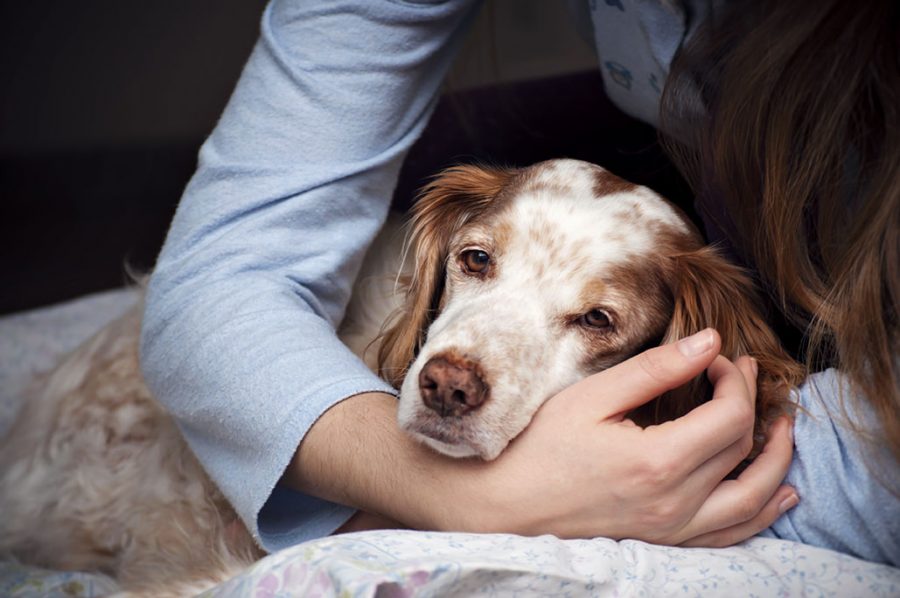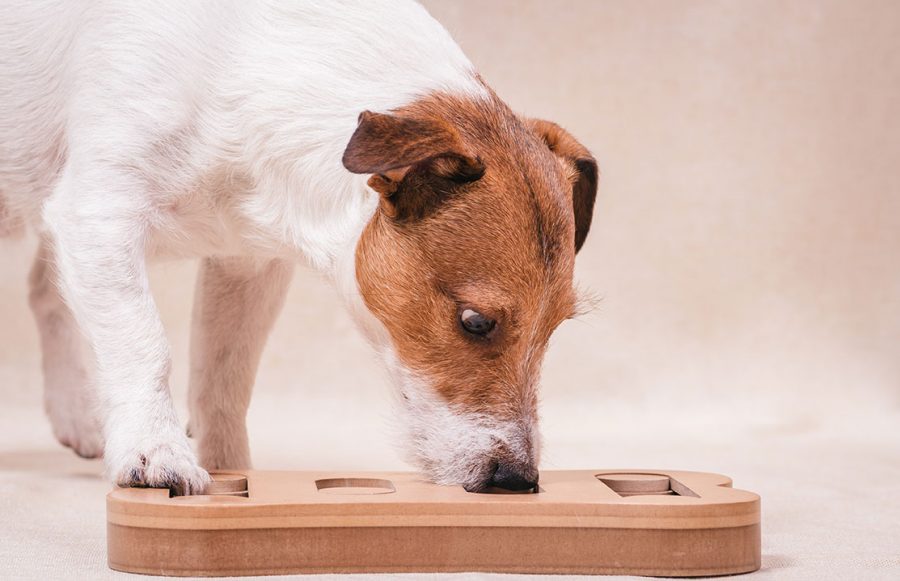Dogs, like people, become slower and delicate as they age. And exactly like we need to do with our senior citizen, we need to take special care of our senior dogs.
How to know when a dog is a senior?
Dogs come in many different sizes and breeds and this affects their lifespan. Smaller dogs, like a Jack Russel, usually have a longer lifespan, and can live 15 years or more. While larger dogs like a Rottweiler, might be considered senior at 7 or 8 years of age. The dog’s weight is also very important, as overweight dogs have a much shorter lifespan. Finally, we have to consider that unfortunately, some breeds might be particularly prone to certain conditions: for example, the Irish Wolfhound might have a very short life. Overall, we can consider a dog to be senior when they are in the last quarter of their lifespan.

How to take care of a senior dog?
Once we ascertained our dog is in fact a senior, we need to think at how to ensure he ages graciously.
We need to take care of his health in a preventative manner: our dog should be checked by his vet at least once a year, include complete bloodwork and a dental exam. Our dog should also eat high quality food for senior dog, which is easier to digest and contain all the supplements necessary to keep their brain and their body healthy.
Older dogs often develop arthritis and joint pain. Owners should keep their dog’s weight under control and make sure their nails are kept in order. Dogs with long nails might trip on uncarpeted floors. We should also ensure our dog has regular exercise of mild intensity.
Regardless, it is normal for our dog’s joints to become stiffer as our pet ages, so we should help them by laying carpets on hard floor or provide steps or ramps for them to get on the bed or in the car.

Finally, we shall not forget our dog’s mind. It is important to keep him involved in the usual activities and games. There is no reason to change our dog’s training habits, but we should have shorter sessions and slower exercises.
Federica Pirrone, Mariangela Albertini, Patrizia Piotti researchers at UNIMI Veterinaria
